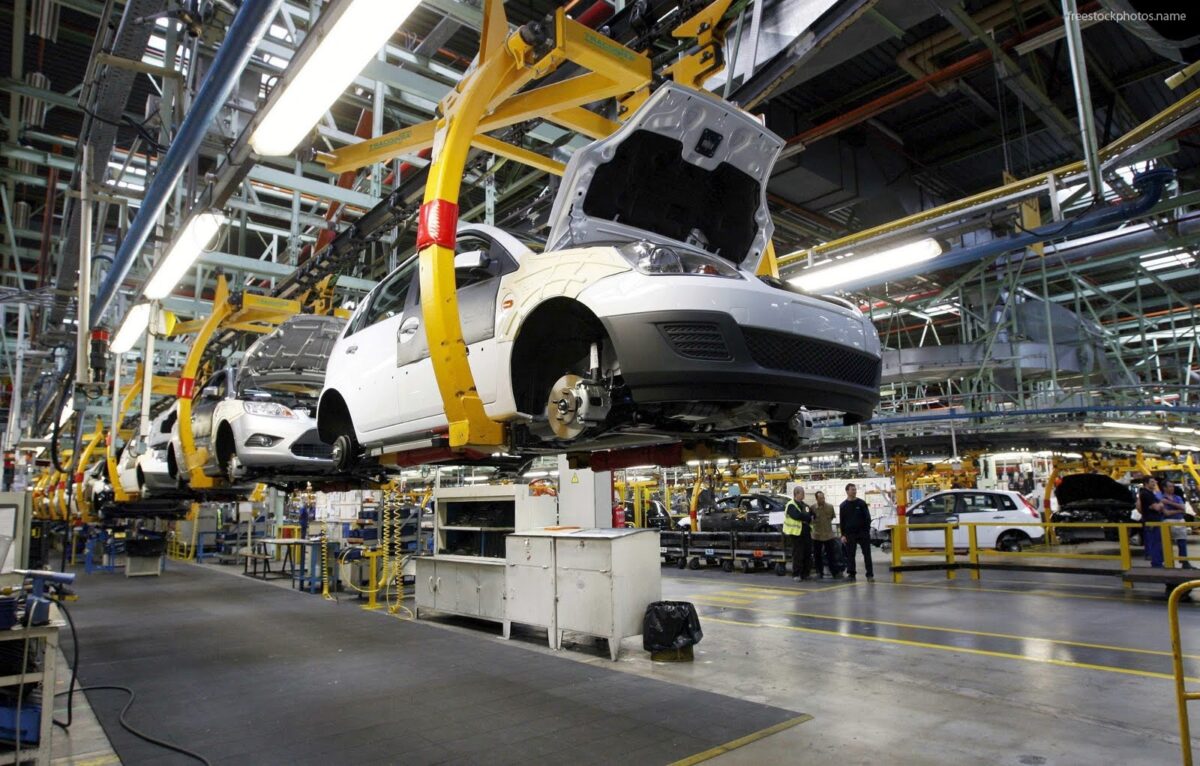Islamabad: The Pakistani auto industry is at a critical juncture as it faces growing pressure from the International Monetary Fund (IMF) to dismantle long-standing tariff protections that have shielded local auto assemblers and parts manufacturers for decades. Around 5-15% tariff cut on imported vehicles is envisaged.
Local auto industry has been profiteering on the basis of this huge tariff protection of almost 40% and auto parts of 98%. This is almost huge protection and led to local industry exploit the situation and go for profiteering.
This pressure comes amid negotiations ahead of the FY26 budget, where the IMF is pushing for:
- Rationalisation of auto tariffs (especially high duties on Completely Built Units or CBUs).
- Allowing commercial import of used cars, currently restricted to protect local manufacturers.
Key Points of the Debate:
🔹 IMF’s Position
- The IMF views the auto sector as excessively protected, with tariffs and duties exceeding 40% on locally assembled vehicles.
- This protectionism, it argues, inhibits competition, leads to inefficiency, and burdens consumers with high car prices.
- The tariff rationalisation plan includes 5–15% reductions, and steeper cuts for larger engine CBUs.
🔹 Industry Concerns
- Auto assemblers and vendors warn of industry collapse if used car imports are liberalised or tariffs are reduced too quickly.
- Parts makers enjoy effective tariff protections as high as 98% and claim removing this would destroy local manufacturing.
- They stress their contributions to employment (650,000+ jobs) and foreign exchange savings ($480M/year).
- Pricing models based on landed costs are said to help maintain price stability and save FX, but critics say this discourages global competitiveness.
🔹 Government Stance
- The government, through the Special Assistant to the Prime Minister, has reassured the industry that it won’t risk domestic investments.
- Still, it acknowledges the need for balanced reforms and is considering gradual tariff reductions in consultation with stakeholders.
🔹 Criticism of Local Industry
- The National Assembly Committee questions why, despite tariff protection, local manufacturers haven’t scaled up exports.
- While some Paapam members export to international markets, the volumes remain negligible, pointing to a lack of global competitiveness.
Implications:
- Consumers could benefit from lower car prices and more choices if tariffs fall and imports are allowed.
- However, local producers may face sharp competition, potentially leading to job losses or factory closures if reforms are abrupt or poorly managed.
- The long-term health of the sector may depend on moving from protection to innovation, quality, and competitiveness.









